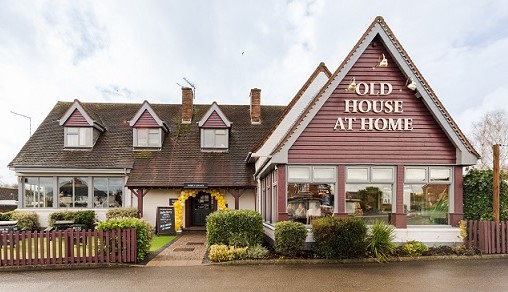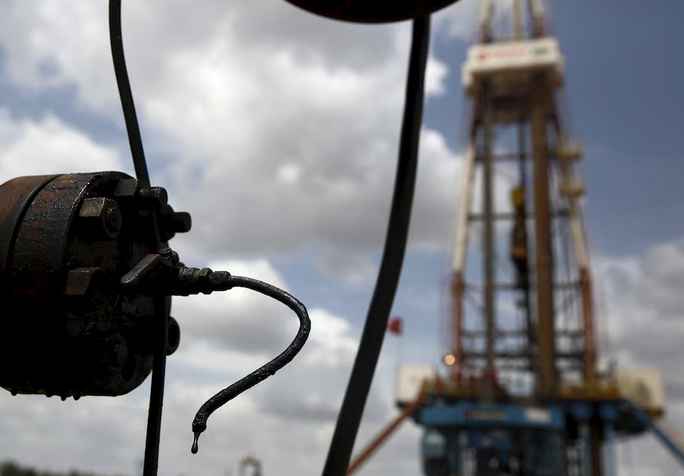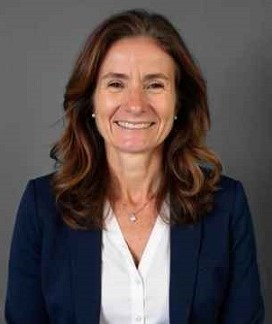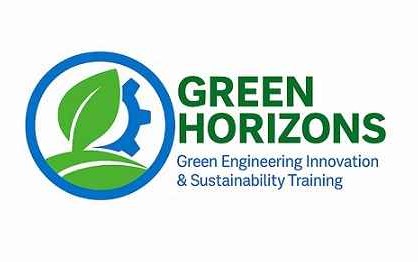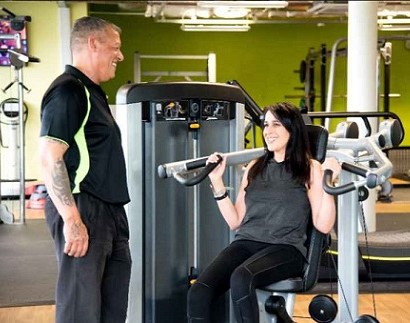Quality, affordable homes are planned to be built for nurses and other low paid staff working at the new Midland Metropolitan Hospital under a multi-million-pound land deal struck by the West Midlands Combined Authority (WMCA).
With many nurses and key workers struggling to get a foot on the property ladder, the WMCA has stepped in to buy two plots of industrial land within a short walk of the hospital which is currently under construction in Sandwell.
The combined authority intends to use the plots in Abberley Street and Cranford Way, Smethwick to provide quality new houses and apartments, at least 40 of which will be affordable homes available specifically to those on modest incomes.
The WMCA will now clean up the sites before submitting a planning application. A development partner will then be secured to deliver around 200 homes while implementing its standard funding condition that requires at least 20% of all the new properties to be affordable. This will be set against its new landmark regional affordable housing definition announced earlier this month.
The Midland Metropolitan Hospital is being built on a six-acre site a short distance away in Grove Lane and is scheduled to open in summer 2022.
Mayor of the West Midlands Andy Street, who announced the deal today at the Abberley Street site, said: “NHS and other key workers make a vital contribution to society right across the West Midlands, but like many others in the region they have seen house prices outstrip wages in recent years and found it impossible to get on the housing ladder.
"On top of this, many also struggle to find homes close to where they work, which means long commutes and added pressure on what are already demanding jobs.
“The WMCA and its partners are determined to tackle this housing affordability issue, and that is exactly what we are trying to do at Abberley Street and Cranford Way.
"Not only will these homes be a stone's throw from the Midland Metropolitan hospital, but at least 20% of the houses and apartments will be affordable including homes which specifically meet our new regional definition linked to income rather than the property market rate."
Redevelopment of the area has been a long-standing priority for Sandwell Council.
Sandwell Council Leader Cllr Yvonne Davies said she was delighted the council and WMCA had been able to agree funding for two plots of industrial land with a view to cleaning up the sites and attracting a development partner to deliver new homes for local people.
She said: “Working with WMCA, Sandwell is pleased to have secured additional investment around the Midlands Metropolitan Hospital to ensure that staff have access to affordable homes and that the area is brought back into residential use.”
The land purchases are just the latest in a number of WMCA initiatives to make housing more affordable.
Last month the WMCA become the first region in the UK to introduce its own localised definition of affordable housing, linking the definition to the real-world incomes of people in the area rather than to local house prices.
The new definition is based on local people paying no more than 35% of their salary on mortgages or rent.
Cllr Mike Bird, WMCA portfolio holder for housing and land and leader of Walsall Council, said: “This is another example of how the WMCA and its partners are changing the housing market, using our funding to deliver affordable homes for key workers in society.
“It’s about building the homes we need in the places where we need them, using brownfield land to regenerate local areas and help preserve our environment.”
The West Midlands needs to build 215,000 new homes by 2031 to meet future housing and economic demand.
To help reach the target the WMCA has introduced a ‘brownfield first’ policy where new homes and commercial developments are built on former industrial land wherever possible and has secured new funding from national government to help make it happen.
With such sites being notoriously difficult to build on because of the high clean-up costs for developers, and other constraints, the WMCA has committed substantial funding for land purchases and for brownfield remediation so sites can be made viable for development.
The policy and other investment to unlock new urban sites has helped see the number of new homes built in the West Midlands more than double over the last eight years.
A total of 16,938 properties were built in 2018/19 - a 15% rise on the previous year and twice the UK average increase. That compares to just 7,500 homes built in 2011.




